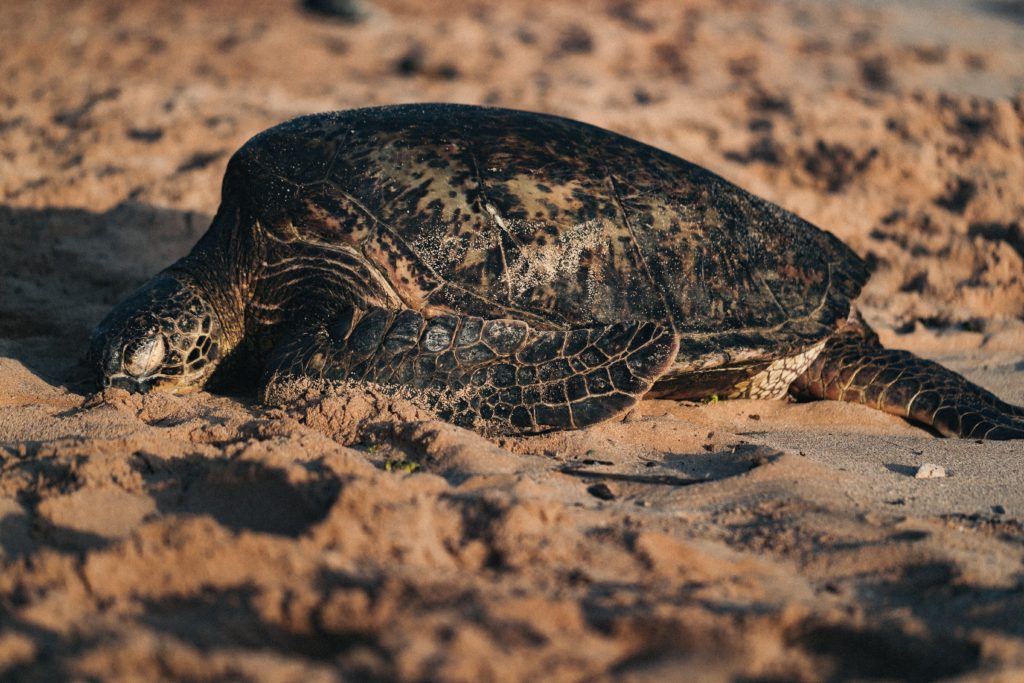Large clots of tar have marked Israel’s Mediterranean coastline in what officials are terming an oil spill disaster. Tonnes of sticky, clotted tar have overwhelmed Israeli beaches, reminding us of the detrimental impact oil has on our planet.
Israel’s 120-mile coastline is currently swamped with black tar, seemingly stemming from a ship’s oil spill 30 miles offshore during a severe storm.
On 11 February, Israel was hit with a devastating storm, destroying her natural beaches. The beaches are home to indigenous wildlife, including turtles and whales, which were found dead and coated in thick, black tar.
Israel's Mediterranean shoreline was blackened by tar after an offshore oil spill, which officials said will take months or years to clear. The ship responsible for the spill is still not known https://t.co/bjvvuVft70 pic.twitter.com/X9vT3dYarm
— Reuters (@Reuters) February 21, 2021
Nine ships are currently under investigation with local officials and police forces working day and night to trace the culprit.
The Israel government is currently considering legal action in a bid to secure millions of dollars to help with the clean-up.
Thousands of volunteers are lining Israel’s coastline in a bid to clear this pollutant that is devastating local wildlife, but it is expected it could take months, even years, for these tourist spots to be free from gunge.
Last Thursday, a 55-foot long whale was found deceased on Israeli shores, with an autopsy finding an oil-based liquid in its system. Whilst it is still unclear whether this incident can be linked to this oil spill, evidence suggests both tragedies coincide.
#Israel: Vets find ‘suspicious’ black liquid in lungs of whale found dead after #oil spillhttps://t.co/KU8QEL7m9I#whales #pollution pic.twitter.com/bipMOs52Ka
— Environmental Investigation Agency (@EIA_News) February 22, 2021
Israel’s Nature and Parks Authority have called this spill “one of the most serious ecological disasters” in its country’s history.
“We need to look to the future. This event and similar ones around the world show us how crucial it is to wean ourselves from these polluting fuels and shift to renewable energy,” said Gila Gamliel, Israel’s Environmental Protection Minister.
But the race is now on to clear the tar before the warm weather returns.
“As long as it’s cold, it’s okay, when it’s going to be warm, it’s going to stick, it’s going to liquify,” said beach ranger Noam Matsri.
Over recent years, countries across the globe have fallen victim to large-scale environmental tragedies, with Israel being no exception.
Humanity’s drive towards an industrial planet is slowly killing the wildlife and planet.
Without careful consideration and immediate action, disasters such as these will continue to occur and our planet will no longer be able to sustain itself. Now is the time to act, before it is too late.
Madeleine Raine
Featured image courtesy of Jakob Owens via Unsplash. Image license can be found here. This image has in no way been altered.

